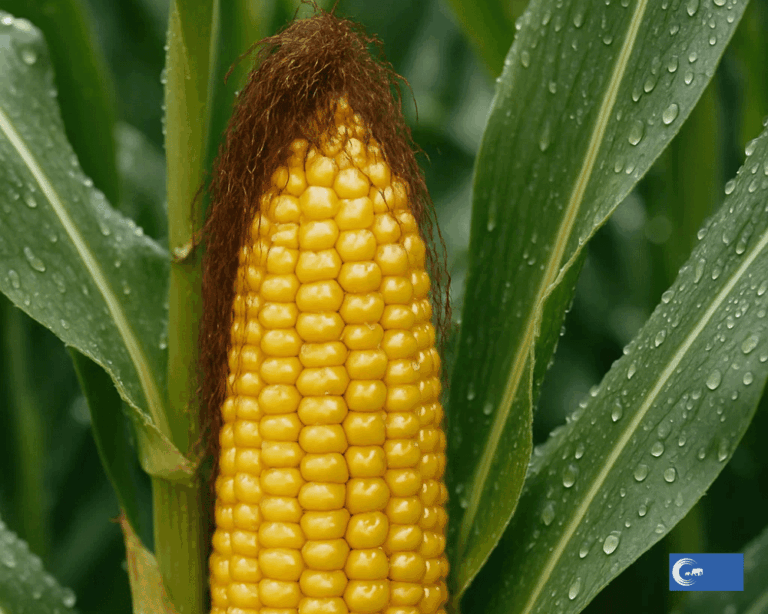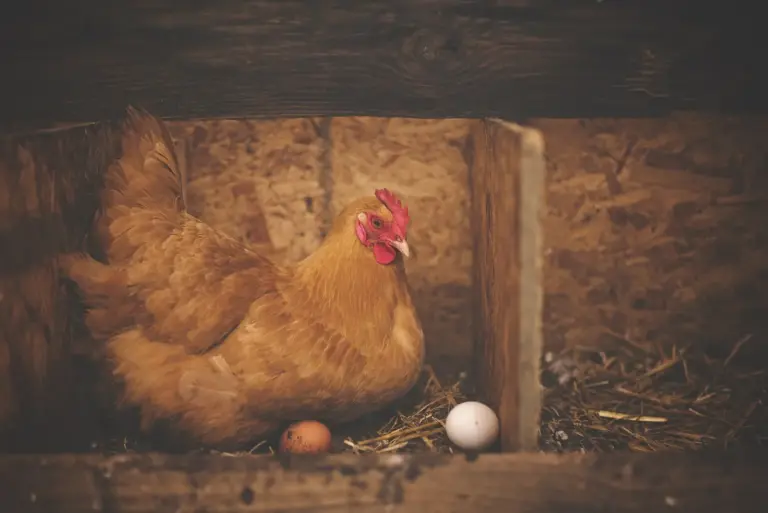Cow manure holds a significant role in agricultural production systems. It has been used across various cultures for its primary function as a fertiliser for a long time.
With growing concerns about environmental sustainability and the impact of agriculture on climate change, cow manure is being reevaluated for its role in carbon sequestration.
However, alongside its benefits, cow manure also presents challenges. Issues related to its management, greenhouse gas emissions, and the spread of infectious diseases associated with its use are critical factors that must be addressed.
This article aims to provide a comprehensive understanding of cow manure, exploring its composition, environmental impact, practical applications, and associated challenges.
Main takeaways
- Natural Fertiliser: Cow manure is nutrient-rich (N, P, K) and improves soil health, structure, water retention, and microbial activity, making it a valuable organic fertiliser.
- Environmental Benefits: When managed properly, it can reduce greenhouse gas emissions, enhance carbon sequestration, and decrease dependence on synthetic fertilisers.
- Diverse Applications: Beyond fertilisation, cow manure is utilised in organic farming, composting, biogas production</strong>, and the production of sustainable materials such as fiberboards and paper.
- Biodiversity Support: Manure enriches soil biodiversity by supporting beneficial microorganisms and insects like dung beetles.
- Sustainability Potential: Partial substitution of synthetic fertilisers with manure can boost crop yields and lower emissions, but effectiveness depends on soil conditions and application methods.
- Health and Environmental Risks: Manure can spread pathogens and antibiotic-resistant bacteria and cause nutrient runoff if not properly managed.
- Economic and logistical barriers: Transport, storage, and the proper application of manure involve high costs and require specialised infrastructure and expertise.
- Need for Sustainable Management: Composting, proper handling, and site-specific strategies are key to maximising benefits and minimising environmental and health impacts.
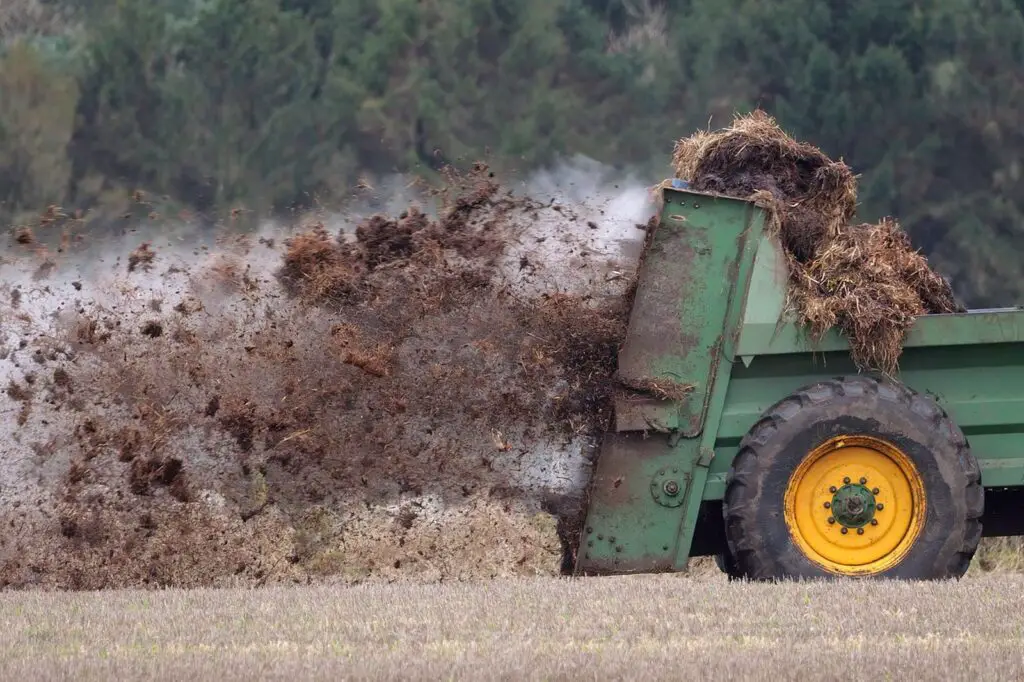
Photo by: Pete
What is Cow Manure?
Definition and Composition of Cow Manure
Cow manure is a natural by-product of bovine digestion. It consists of faeces and urine from cows, and its composition can vary depending on the animal’s diet, age, and health. Cow manure primarily consists of water, organic matter, and a rich blend of nutrients, including nitrogen, phosphorus, potassium, and other trace elements.
In addition to these primary components, cow manure also contains a variety of microorganisms, some of which are beneficial for soil health and plant growth. Sometimes, cows may be infected with microorganisms that are potentially pathogenic to humans, and these pathogens can be spread through cow manure.
Comparison of Cow Manure with Other Livestock
Cow manure differs significantly in nutrient content and physical properties compared to manures from other livestock, such as chickens or pigs.
There are differences even between manure from beef cows and dairy cows.
- Nutrient Density: Poultry litter is richer in nitrogen than beef manure. However, when comparing the nutrient content at the same nitrogen rate, beef manure supplies over twice as much phosphorus (P) and more than four times potassium (K) compared to swine slurry or poultry litter.
- Organic Matter: Beef manure provides more organic matter than poultry litter, which can be beneficial depending on agricultural goals. Solid manures typically contain higher concentrations of organic matter than more dilute forms of manure.
Environmental Impact of Cow Manure
Impact of Cow Manure on Soil Health
Cow manure can significantly enhance soil health due to its organic matter content and nutrient profile. The organic matter in cow manure improves soil structure, increases water retention, and enhances the soil’s ability to support a diverse range of microbial life.
Reducing the Use of Chemical Fertilizers
Using cow manure as a natural fertiliser has historically helped to reduce reliance on chemical fertilisers. Manure provides a balanced mix of essential nutrients, such as nitrogen, phosphorus, and potassium.
Effects on Greenhouse Gas Emissions and Climate Change
Cow manure can act as a carbon sink and reduce methane emissions when correctly managed and composted. It can help improve soil structure and, consequently, carbon sequestration.
Influence on Soil Water Retention
When applied correctly, manure can improve the water-holding capacity of soils and reduce runoff.
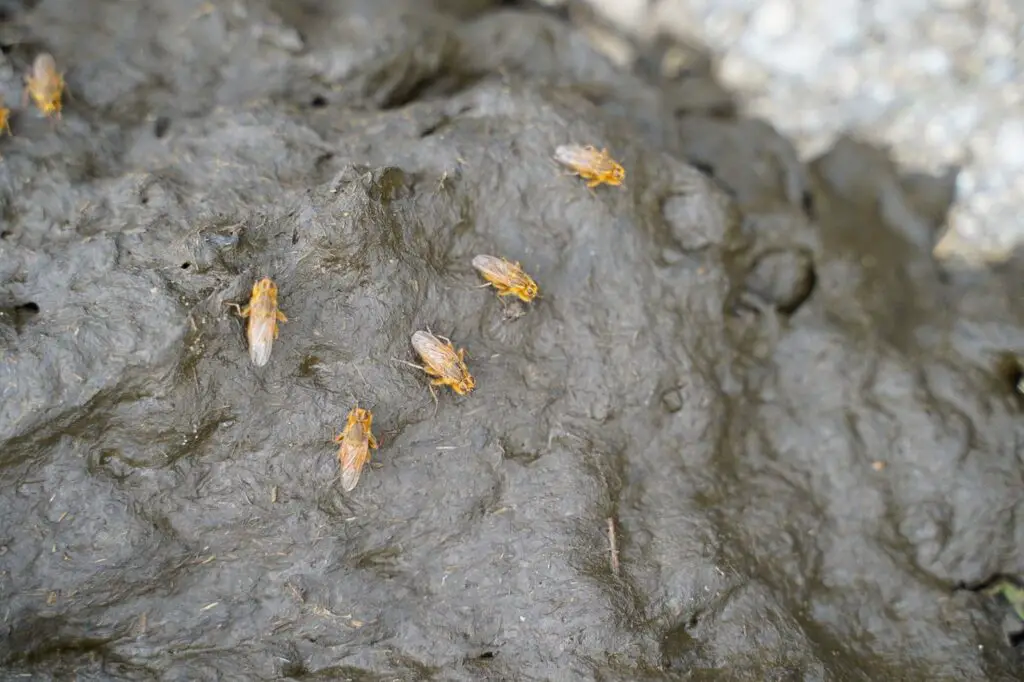
Cow Manure and Biodiversity
Impact of Cow Manure on Soil Microorganisms and Insects
Cow manure can enhance the biodiversity of soil microorganisms and insects. Cow manure’s organic matter and nutrients provide an ideal environment for beneficial bacteria, fungi, and other microorganisms to thrive. This increased microbial activity can also attract and sustain a variety of insects and other soil-dwelling organisms, contributing to overall soil health and biodiversity.
Soil microorganisms and insects play a crucial role in nutrient cycling, helping to break down organic matter and release nutrients in forms readily absorbed by plants. One of the most important examples is the role of dung beetle in using cow manure and helping the soil to utilise it thoroughly.
Practical Uses of Cow Manure
1) Cow Manure in Organic Farming and Gardening
Cow manure is a cornerstone in organic farming and gardening, serving as a natural, effective, and sustainable fertiliser. It enriches the soil with essential nutrients, including nitrogen, phosphorus, and potassium.
2) Composting Cow Manure for Soil Enhancement
This process involves aerobic decomposition in digesters, where microorganisms break down the organic material in the manure, resulting in a nutrient-rich, humus-like material.
The composting process stabilises the nutrients, reduces pathogens, and minimises odours.
The composted material can be applied to fields and gardens, providing a slow-release source of nutrients and enhancing soil organic matter.
3) Utilisation of Cow Manure in Biogas Production
Cow manure is increasingly used as a renewable energy source in biogas production.
Through anaerobic digestion, microorganisms break down the dung without oxygen, producing biogas – a mixture of methane and carbon dioxide – as a by-product.
This biogas can be used as a fuel for heating or electricity generation or as a substitute for renewable natural gas. This process can provide a sustainable energy source, reducing greenhouse gas emissions from manure storage and contributing to waste management.
4) Innovative Uses in Construction and Other Industries
Beyond agriculture and energy, cow manure has found uses in other industries, particularly construction. Researchers have developed ways to process and treat cow manure as a building material.
One example is the creation of fiberboards from manure fibres, which are lightweight, sustainable, and have good insulation properties.
Additionally, cow manure is being explored as a raw material for making paper and even as a component in biodegradable plastics, demonstrating its versatility and potential in sustainable material development.
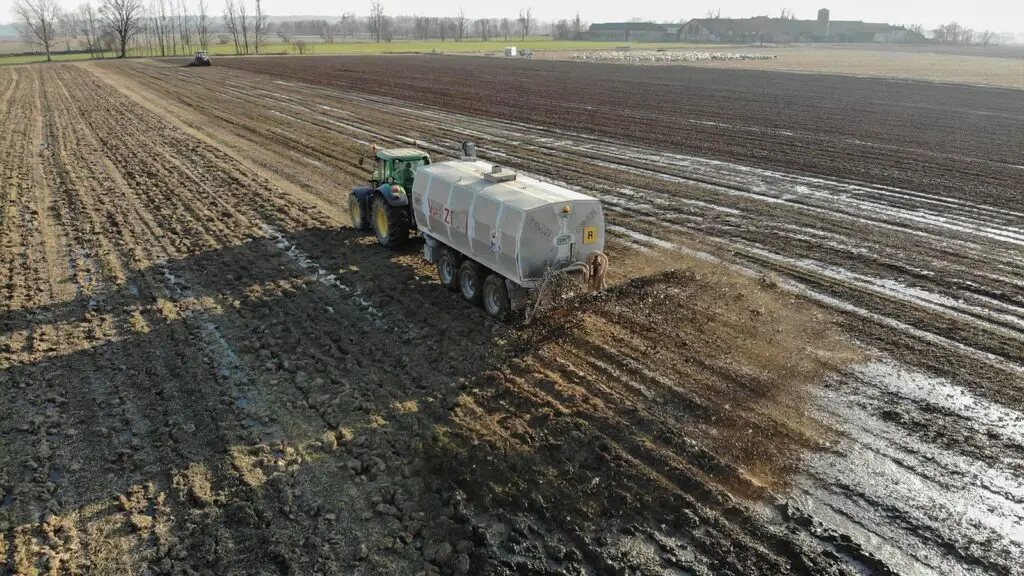
Sustainability of Cow Manure
Comparison with Synthetic Fertilisers
Recycling livestock manure in agriculture, as a means to reduce reliance on synthetic fertilisers, has the potential to enhance the sustainability of food production.
A meta-analysis conducted in China found that partially substituting synthetic fertilisers with manure can increase crop yields.
However, completely replacing synthetic fertilisers with manure resulted in a significant decrease in yields.
The effectiveness of manure as a fertiliser was also found to vary depending on soil pH, with more positive outcomes in acidic soils and long-term application.
The study also found differences in greenhouse gas emissions based on the degree of substitution. Complete substitution significantly reduced ammonia emissions, but this was not observed with partial substitution.
These results indicate that substituting synthetic fertilisers with manure can enhance crop yields and reduce emissions, but the outcomes depend highly on site-specific conditions and the substitution level.
The Role of Cow Manure in Sustainable Agricultural Practices
Cow manure is integral to organic farming systems, where synthetic fertilisers are restricted. Moreover, the use of dung in agriculture can be part of a circular economy, where waste products from one process (livestock farming) become inputs for another (crop production), thereby reducing waste and improving resource efficiency.
In addition, cow manure contributes to soil carbon sequestration by returning organic matter to the soil; cow manure helps increase the soil’s carbon storage capacity, a key element in reducing atmospheric carbon dioxide levels.
Drawbacks and Limitations of Cow Manure
Health Risks Associated with Cow Manure
Manure can harbour pathogens such as E. coli, Salmonella, and parasites, contaminating crops, water sources, and the environment, which can lead to health hazards for both humans and animals. Improper handling and management of cow manure can pose significant health risks.
These risks are exceptionally high when manure is not adequately disposed of, composted, or managed.
Antibiotic residues can be present in manure, and improper management can lead to the selection of antibiotic-resistant bacteria, a growing concern in public health.
Environmental Concerns, Including Overuse and Mismanagement
Environmental issues associated with cow manure primarily arise from overuse and mismanagement. Excessive manure application to fields can lead to nutrient runoff into waterways, particularly nitrogen and phosphorus.
This runoff can cause eutrophication, leading to algal blooms and dead zones in aquatic ecosystems.
Moreover, improper storage and handling of manure can lead to leaching of nutrients and contamination of groundwater.
In addition, mismanagement of manure can contribute to greenhouse gas emissions, including methane and nitrous oxide.
Economic and Logistical Challenges in Using Cow Manure
Transporting manure from where it is produced to where it is needed can be costly, especially over long distances. This is due to its bulk and weight, particularly for wet manures like slurry.
The storage and handling of manure also require significant investment in infrastructure and equipment, which can be a substantial cost for farmers. Furthermore, manure must be carefully applied and managed to maximise its benefits and minimise environmental impacts, requiring additional labour and management expertise.
Challenges in Managing and Processing Cow Manure Sustainably
Managing manure’s odour and potential pathogen content is also essential for environmental and human health considerations. Developing and implementing efficient composting techniques can help address these issues by stabilising the nutrients in waste and reducing pathogens and odours.
Conclusions
Cow manure plays a dual role in modern agriculture and environmental sustainability. Its rich nutrient content and organic matter make it an excellent natural fertiliser, enhancing soil health, reducing reliance on chemical fertilisers, and contributing to biodiversity.
It can act as a carbon sink and reduce greenhouse gas emissions when managed correctly.
However, the drawbacks of cow manure must be addressed, including the potential for pathogen spread, environmental concerns stemming from overuse and mismanagement, as well as economic and logistical challenges. These issues highlight the need for sustainable management and processing techniques to maximise the benefits while minimising the risks.
This article underscores the importance of cow manure in agricultural systems and the environment. It encourages readers to explore and understand the complexities surrounding this natural resource. Your thoughts and insights are invaluable in this discussion. Share your perspectives in the comments, and remember to spread the word by sharing this article on social media.


